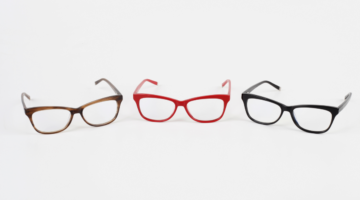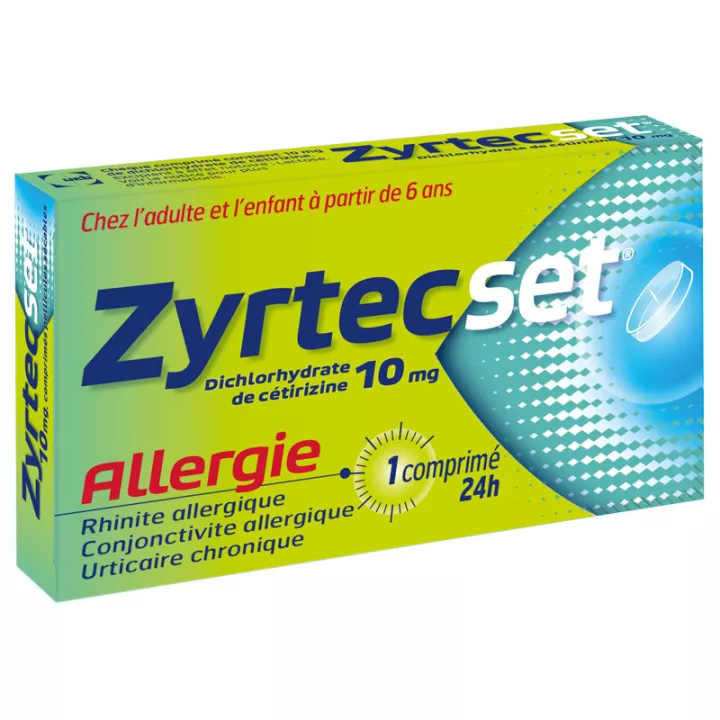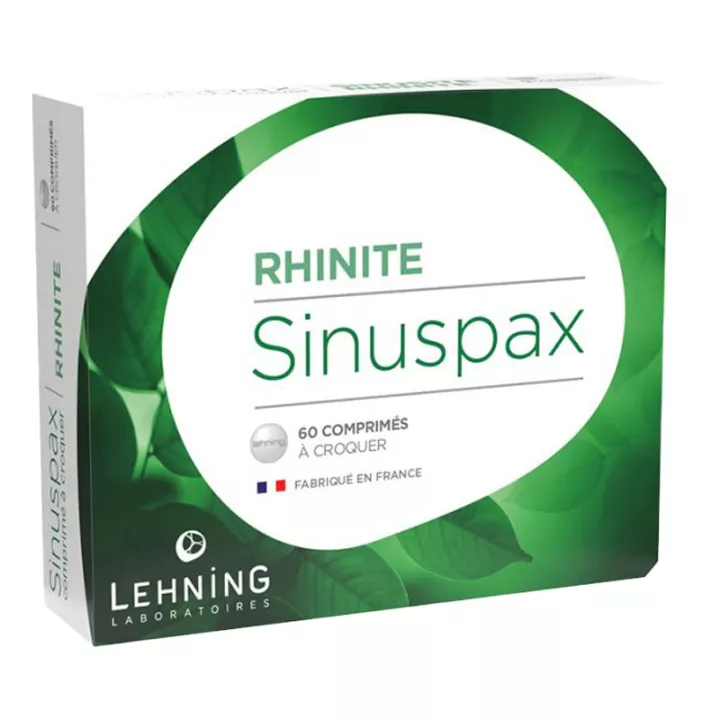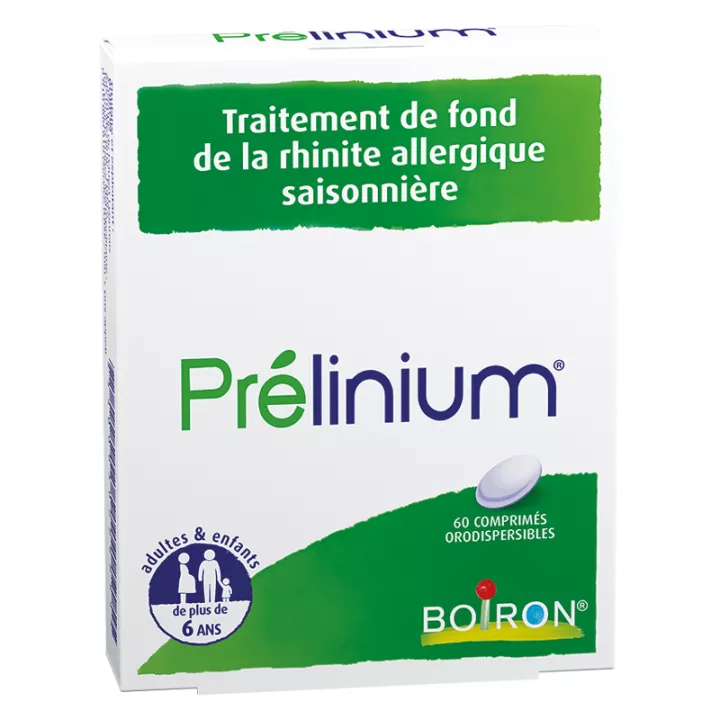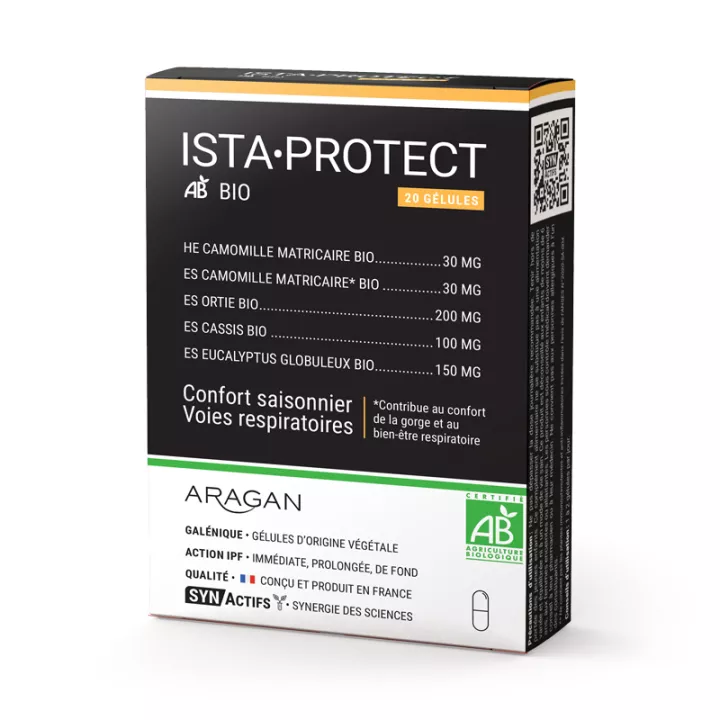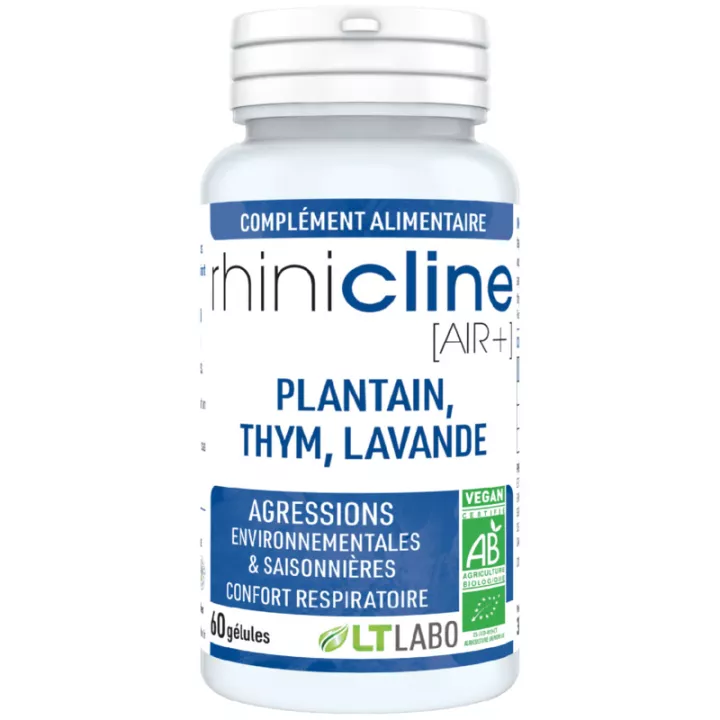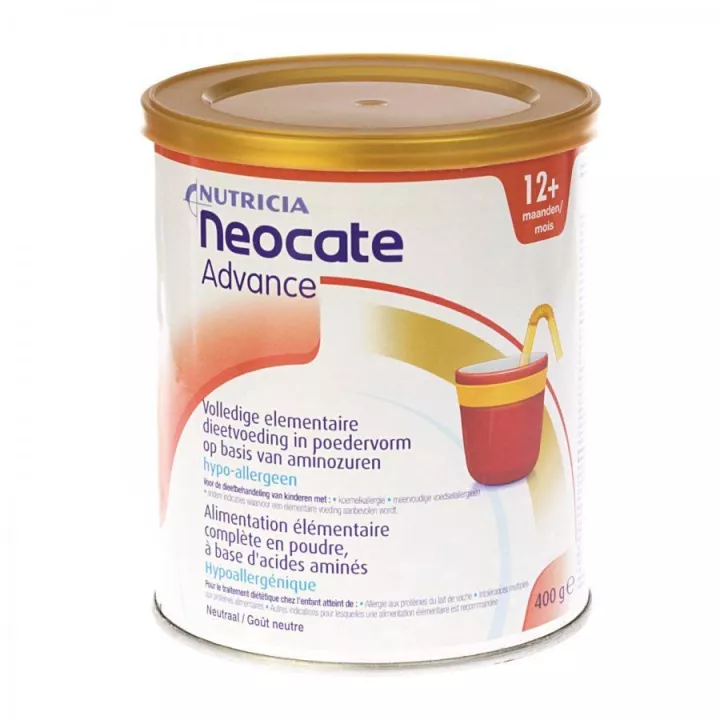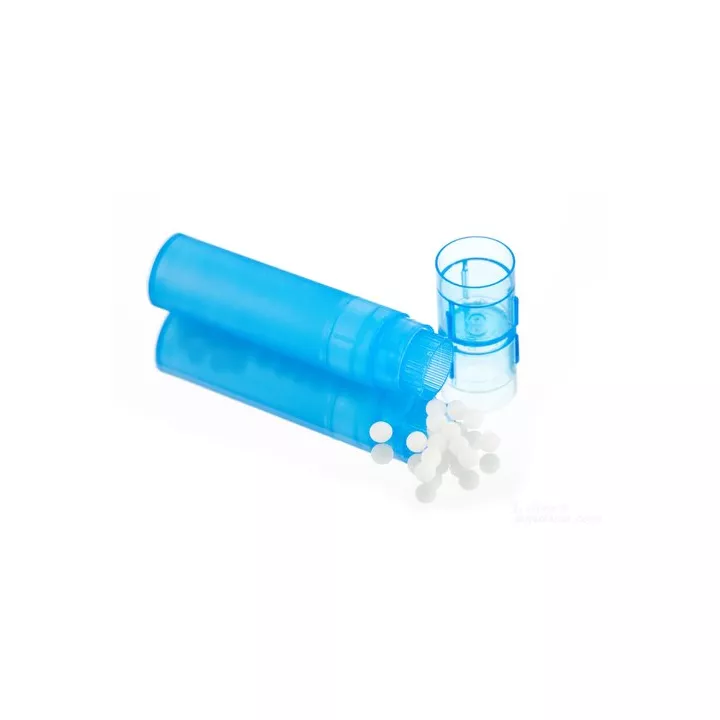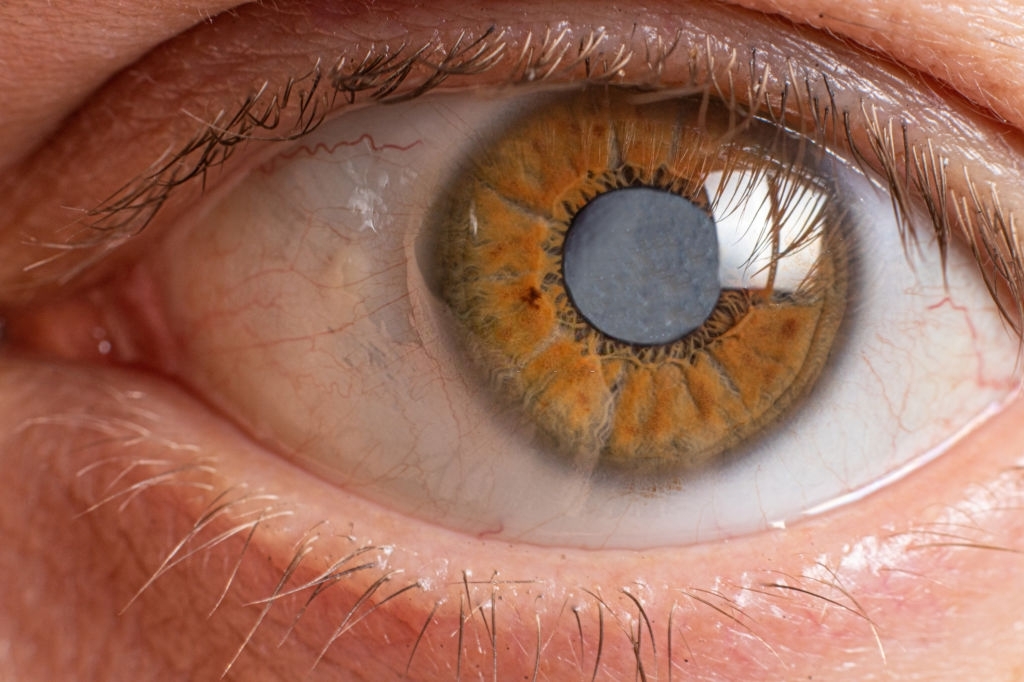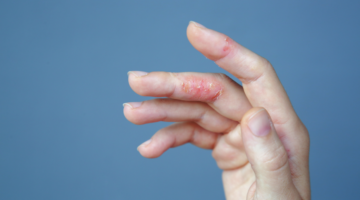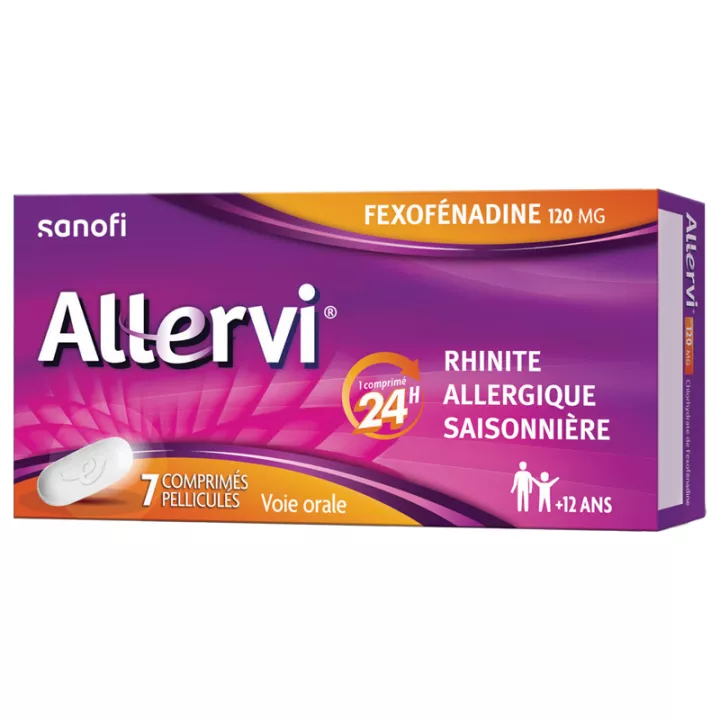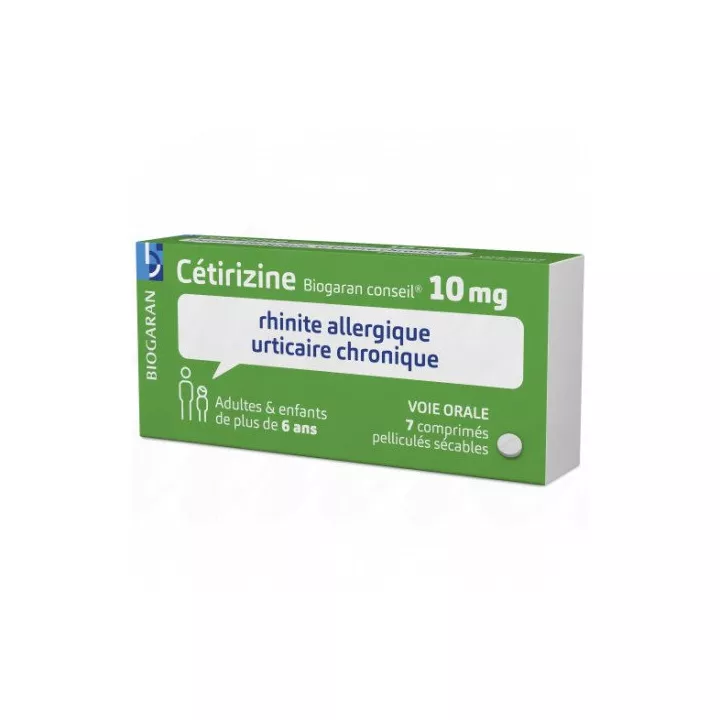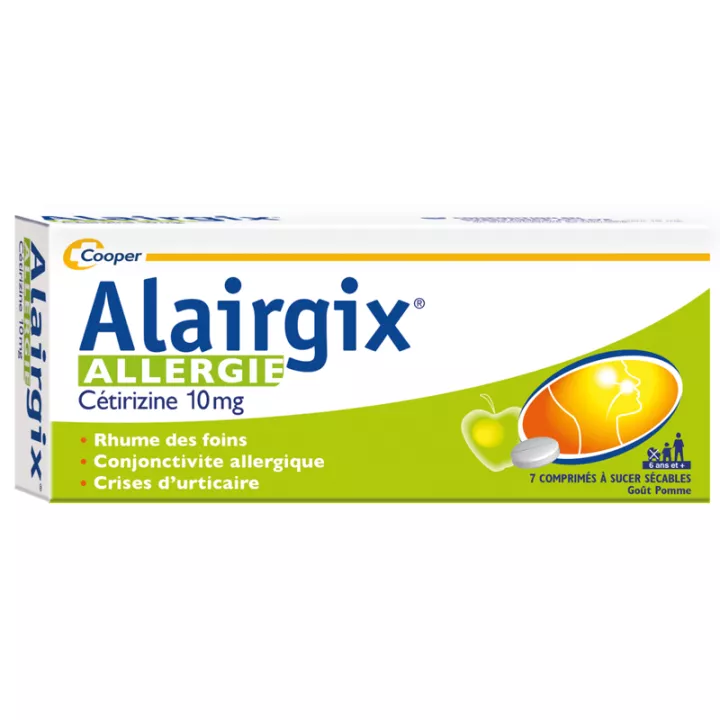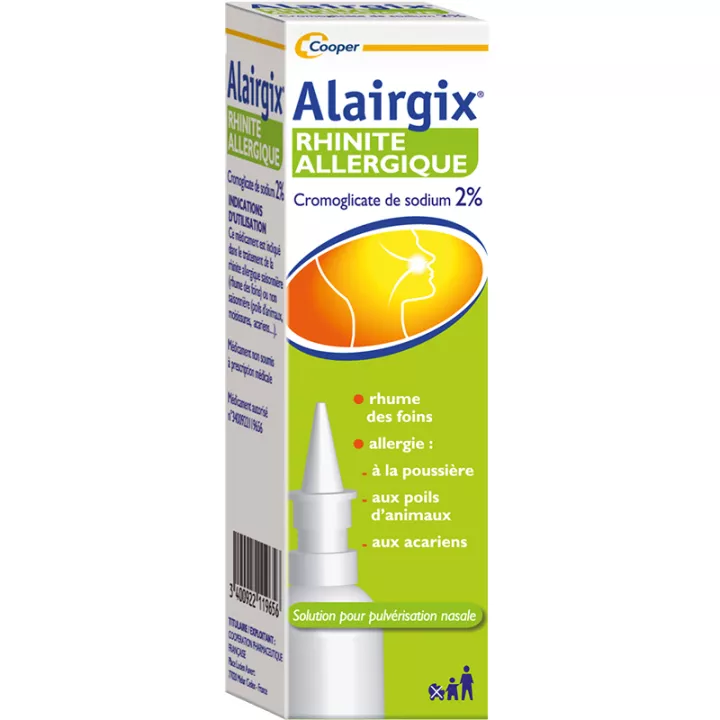NOTICE
ANSM - Updated: 29/06/2017
Description of the Medicine
ZYRTECSET 10 mg film-coated tablets
Cisirizine dihydrochloride
© framed
Please read this leaflet carefully before you start taking this medication because it contains important information for you.
You should always take this medication by strictly following the information provided in this leaflet or by your doctor or pharmacist.
AT· Keep this leaflet. You might need to read it again.
AT· Contact your pharmacist for advice or information.
AT· If you experience any undesirable effects, talk to your doctor or pharmacist. This also applies to any undesirable effects not mentioned in this leaflet. See section 4.
AT· You should contact your doctor if you experience no improvement or feel less well after 3 days.
Do not allow this medication to reach children.
What is in this leaflet?
1. What is ZYRTECSET 10 mg film-coated tablets and when is it used?
2. What information should I take before taking ZYRTECSET 10 mg film-coated tablets?
3. How to take ZYRTECSET 10 mg film-coated tablet?
4. What are the possible undesirable effects?
5. How to store ZYRTECSET 10 mg film-coated tablets?
6. Contents of the package and other information.
1. WHAT IS ZYRTECSET 10 Mg, film-coated tablet AND WHAT IT IS USED FOR?
Pharmacotherapeutic group: Antihistamines for systemic use, derivatives of piperazine - ATC code: R06AE07.
Cetirizine dihydrochloride is the active substance of Zyrtecset.
Zyrtecset is a medication used in the treatment of allergy.
In adults and children from 6 years of age, Zyrtecset is listed in:
AT· the treatment of nasal and ocular symptoms of seasonal or perennial allergic rhinitis;
AT· the treatment of symptoms of chronic urticaria (idiopathic chronic urticaria).
A medical opinion is recommended for idiopathic chronic hives.
You should contact your doctor if you experience no improvement or feel less well after 3 days.
2. BEFORE YOU TAKE ZYRTECSET 10 mg film-coated tablet?
If your doctor has informed you that you have an intolerance to some sugars, contact him or her before taking this medication.
AT· if you have severe kidney disease (severe renal insufficiency with creatinine clearance less than 10 ml / min);
AT· if you are allergic to cetirizine dihydrochloride or to any of the other ingredients of this medication mentioned in section 6, hydroxyzine or piperazine derivatives ( active substances in other medicinal products).
Warnings and Precautions
Talk to your doctor or pharmacist before taking Zyrtecset.
If you have a kidney failure, seek advice from your doctor; if necessary, you will need to take a lower dose. The appropriate dosage will be determined by your doctor.
If you have problems with urination (due to problems with the spinal cord or bladder or prostate problems), ask your doctor for advice.
If you are epileptic or you are at risk of seizures, ask your doctor for advice.
No specific interaction was observed between ceirizine used at the recommended doses and alcohol (up to 0.5% blood alcohol concentration (g / l) corresponding to a glass of wine). However, no data are available when concomitant doses of ceirizine and alcohol are taken. Therefore, as with any other antihistamine, it is recommended to avoid alcohol intake with Zyrtecset.
If you have to take tests for the diagnosis of allergy (skin test for example), you should stop taking this medication at least 3 days before they are realized because it can modify the results . Ask your doctor what you should do before performing the tests for the diagnosis of allergy.
children
Do not give this medication to children under 6 years of age because the tablet form does not allow for the necessary adjustment of the dose.
Other medicines and Zyrtecset
Inform your doctor or pharmacist if you are taking, have recently taken or could take any other medicines.
Zyrtecset with food
The absorption of Zyrtecset is not altered by the taking of food.
Pregnancy, breastfeeding and fertility
If you are pregnant or nursing, planning to become pregnant or planning a pregnancy, ask your doctor for advice or pharmacist before taking this medication.
The use of Zyrtecset should be avoided during pregnancy. Inadvertent use during pregnancy should not have a devastating effect on the fetus. However, this medication should only be administered if necessary and after medical advice.
Cetirizine passes into breast milk. Therefore, you should not take Zyrtecset while breastfeeding without having sought your physician's advice.
Driving and using machines
Clinical studies did not demonstrate any alterations in vigilance, response time, or ability to drive after administration of Zyrtecset at the recommended doses.
However, if you are likely to drive a vehicle, perform potentially hazardous activities or use machines, you must first evaluate your own response to Zyrtecset treatment.
You must not exceed the recommended dose.
Zyrtecset contains lactose.
The use of this medication is disliked in patients with galactose intolerance, Lapp lactase deficiency or glucose or galactose malabsorption syndrome (hepatitis Rarity).
3. HOW TO TAKE ZYRTECSET 10 mg film-coated tablet?
Always take this medication exactly as prescribed in this leaflet or as directed by your doctor or pharmacist. Check with your doctor or pharmacist if you are not sure.
These instructions should be followed unless your doctor has given you different instructions on how to use Zyrtecset.
Follow these instructions, otherwise Zyrtecset may not be completely effective.
The tablets should be swallowed with a drink.
The tablet can be divided into 2 equal doses.
Adults and adolescents over 12 years:
The recommended dose is 10 mg once daily, ie 1 tablet.
This medication is available in other forms that may be more appropriate for children; ask your doctor or pharmacist.
Children from 6 to 12 years old:
The recommended dose is 5 mg twice daily, half a tablet twice daily.
Other forms of this medication may be more suitable for use in the child; ask your doctor or pharmacist.
Renal insufficiency:
In patients with moderate renal insufficiency, the recommended dose is 5 mg once daily.
If you are suffering from a serious kidney disease, please contact your physician who can adjust the dose accordingly.
If your child is suffering from kidney disease, please contact your doctor who can adjust the dose to your child's needs.
If you think the effect of Zyrtecset is too weak or too strong, consult your doctor.
Duration of treatment
The duration of treatment depends on the type, duration and evolution of your symptoms and is determined by your physician.
If you take more Zyrtecset 10 mg film-coated tablets than you should have:
Immediately consult your doctor or pharmacist.
Your doctor will then decide what actions to take if necessary.
In case of overdose, the undesirable effects described below may appear with an increased intensity. Undesirable effects such as confusion, diarrhea, dizziness, tiredness, headache, feeling sick, pupil dilation, discomfort, stirring, sedation, drowsiness, stupor, abnormal increase in rhythm cardiac, tremors and urinary retention have been reported.
If you take more Zyrtecset than you should have
Do not take a double dose to make up for a forgotten dose.
If you forget to take Zyrtecset
Do not take a double dose to make up for a forgotten dose.
If you stop taking Zyrtecset
Rarely, a re-emergence of pruritus (intense discomfort) and / or hives is likely to occur if you stop taking Zyrtecset.
If you have any further questions about the use of this medication, ask your doctor or pharmacist for more information.
4. WHAT ARE POSSIBLE SIDE EFFECTS?
Like all medicines, this medication can cause side effects, although not everybody gets them.
The following undesirable effects are rare or very rare; however, in case of appearance, you should immediately stop your treatment and consult your doctor:
AT· Allergic reactions, including severe reactions and angioedema (severe allergic reaction causing swelling of the face and throat).
These reactions may appear immediately after taking the first dose of the medication or delayed.
Frequent adverse effects (can affect up to 1 patient in 10)
AT· Drowsiness
AT· Dizzy sensations, headaches
AT· Pharyngitis, rhinitis (in the child)
AT· Diarrhea, nausea, dry mouth
AT· Tired
Uncommon adverse effects (may affect up to 1 in 100 patients)
AT· agitation
AT· Paresthesia (abnormal sensations in the skin)
AT· Abdominal pain
AT· Pruritus (rash), skin rash
AT· Asthenia (intense fatigue), malaise
Rare undesirable effects (can affect up to 1 in 1,000 patients)
AT· Allergic reactions, sometimes severe (very rare)
AT· Depression, hallucinations, aggressiveness, confusion, insomnia
AT· convulsions
AT· Tachycardia (too fast heartbeat)
AT· Abnormal liver function
AT· Urticaria
AT· Edema (swelling)
AT· Weight gain
Very rare adverse effects (can affect up to 1 patient out of 10 000)
AT· Thrombocytopenia (decreased blood platelets)
AT· Tics (involuntary muscle contractions repeated)
AT· Syncope, dyskinesia (involuntary movements), dystonia (abnormally prolonged muscle contraction), tremor, dysgeusia (impairment of taste)
AT· Blurred vision, disturbances of the accommodation (difficulties to see clearly), oculogyre crises (uncontrolled circular movements of the eyes)
AT· Angioedema (severe allergic reaction causing swelling of the face and throat), fixed pigmented rhythm
AT· Urinary tract disorders (nighttime incontinence, pain and / or difficulty in urinating)
Undesirable frequencies (frequency of occurrence can not be estimated on the basis of available data)
AT· Increased Appetite
AT· Suicidal thoughts (recurring thoughts or suicide-related concerns), nightmares
AT· Amnà © sie, troubles of the memory
AT· Vertigo (impression of rotation or movement)
AT· Urinary Retention (inability to completely empty the bladder)
AT· Pruritus (intense discomfort) and / or urticaria at the end of treatment
AT· Arthralgia (joint pain)
AT· Eruption of the pustules (acute pancreatic pustulosis).
If you develop any of the undesirable effects mentioned above, please inform your doctor. At the first signs of allergic reaction, stop taking Zyrtecset. Your doctor will assess the severity and decide what to do if necessary.
Declaration of side effects
If you experience any undesirable effects, talk to your doctor or pharmacist or your nurse. This also applies to any undesirable effects not mentioned in this leaflet. You can also report undesirable effects directly via the national reporting system: National Agency for the Safety of Medicines and Health Products (NSAH) and network of Regional Pharmacovigilance Centers - Website: www.ansm.sante.fr
By reporting undesirable effects, you are helping to provide more information about the safety of the drug.
5. HOW TO STORE xxx?
Keep this medication out of the reach and sight of children.
Do not use this medication after the expiration date stated on the carton and blister after EXP. The redemption date refers to the last day of that month.
This medication does not require special preservation precautions.
Do not throw any medicines into the sewer or the household garbage. Ask your pharmacist to discontinue the medications you are no longer using. These measures will help to protect the environment.
6. PACKAGE CONTENTS AND OTHER INFORMATION
What Zyrtecset 10 mg contains, film-coated tablets
AT· The active substance is cetirizine dihydrochloride.
Cetirizine dihydrochloride ............................................. .................................................. ...... 10 mg
For a film-coated tablet
AT· Other components are: microcrystalline cellulose, lactose monohydrate, anhydrous colloidal silica, magnesium stearate, Opadry YE-1-7000 (hydroxypropylmethylcellulose (E464), titanium dioxide (E171), macrogol 400) .
What is Zyrtecset 10 mg film-coated tablets and contents of the outer packaging
Oval-shaped white film-coated tablet with a break-off bar and two Y-shaped blister packs.
Box of 7 tablets.
Holder of the marketing authorization
UCB Pharma SA
DEFENSE WEST
420 RUE DÂ'ESTIENNE DÂ'ORVES
92700 COLOMBES
LA FRANCE
Operator of the marketing authorization
UCB Pharma SA
DEFENSE WEST
420 RUE DÂ'ESTIENNE DÂ'ORVES
92700 COLOMBES
LA FRANCE
Maker
AESICA PHARMACEUTICALS SRL
VIA PRAGLIA 15
10044 PIANEZZA (TO)
ITALY
or
NEXTPHARMA SAS
17 ROUTE DE MEULAN
78520 LIMAY
LA FRANCE
or
UCB SA
CHEMIN DU FORIEST
B-1 420 BRAINE L'ALLEUD
BELGIUM
Names of medicines in the Member States of the European Economic Area
Not applicable.
The last day on which this notice was revised is as follows:
{MM / YYYY}.
Other
TIPS / SANITARY EDUCATION
a) What is an allergy, what is an allergic reaction?
The allergy is an excessive action Result © our person opposite body of substances that it considère as harmful: the allergens. Allergens are the factors and substances triggering allergy and associated disorders .
During contacts Result © pà © © s been intensive and our organization with allergène a Result © ergic action'll be © cover latch.
The Result Details © © allergic reaction sign all the symptoms appear within minutes or hours aprèsl exposure to allergens. These allergens are derived from plants, animal hair, food, mites, mold, or are substances orig i do work.
The Result © i Action allergen that causes the released substances © ration in the body such as the histam in e felt responsible for unrest.
Like any allergic disease, it is important to consult a physician at least once.
IT SHALL DETERMINE IN PARTICULAR THE NEED TO PERFORM AN ALLERGIC BALANCE SHEET .
b) How to recognize allergic rhinitis , seasonal or non-seasonal allergic conjunctivitis, acute localized urticaria?
Allergic rhinitis results in the following symptoms: sneezing successive à ©, à © nasal coulement colorless, nasal obstruction (nose © mouthful) Details © itching and tingling of the nose. It can be accompanied © e irritation of the eyes (tearing, redness), throat and nose.
We distinguish :
AT· Seasonal allergic rhinitis or hay fever : they occur every year at the same season, when the concentration of pollen increases in the air . These allergies due to pollen are very common and usually manifest for the first time during adolescence . They repeat each year at the same time, depending on the presence of the responsible pollen (s). However, you're not allergic at all pollens, but at one or more of them only.
AT· The perennial allergic rhinitis occur throughout the year and vary © e © hang mostly household allergens such as dust mites, the dust, mold, are the pets.
AT· Allergic conjunctivitis is characterized by tearing and tingling of both eyes .
AT· Urticaria Acute "LOCA © e results in plates with dependency © i ate sounds, redness, Âœdème (swelling).
c) Some practical tips
Make disappear the allergène (it's ouster à ©) is the measurement of choice for deletion i sea © Result reduce the symptoms of allergy.
For house allergens : it is essential to take measures to reduce the presence of allergen:
AT· The mattress will have to be completely surrounded by a plastic anti-dust mite cover as well as pillows . The bed base, unless it is in slats or metal, shall be surrounded by a plastic. All bedding should be washed twice a month at 60 ° C if possible.
AT· The room must be air-conditioned and cleaned regularly.
AT· On the floor, you will avoid bed runs and carpets.
AT· Avoid pets .
During the pollen season, it is possible to reduce exposure to x in'll ens:
AT· In your garden , diversify the plantations by avoiding the most allergenic species ( cypress , cedar , birch ... ) ,
AT· Avoid mowing the grass you-even during the pollen season,
AT· Preferably garden with goggles and a protective mask .
